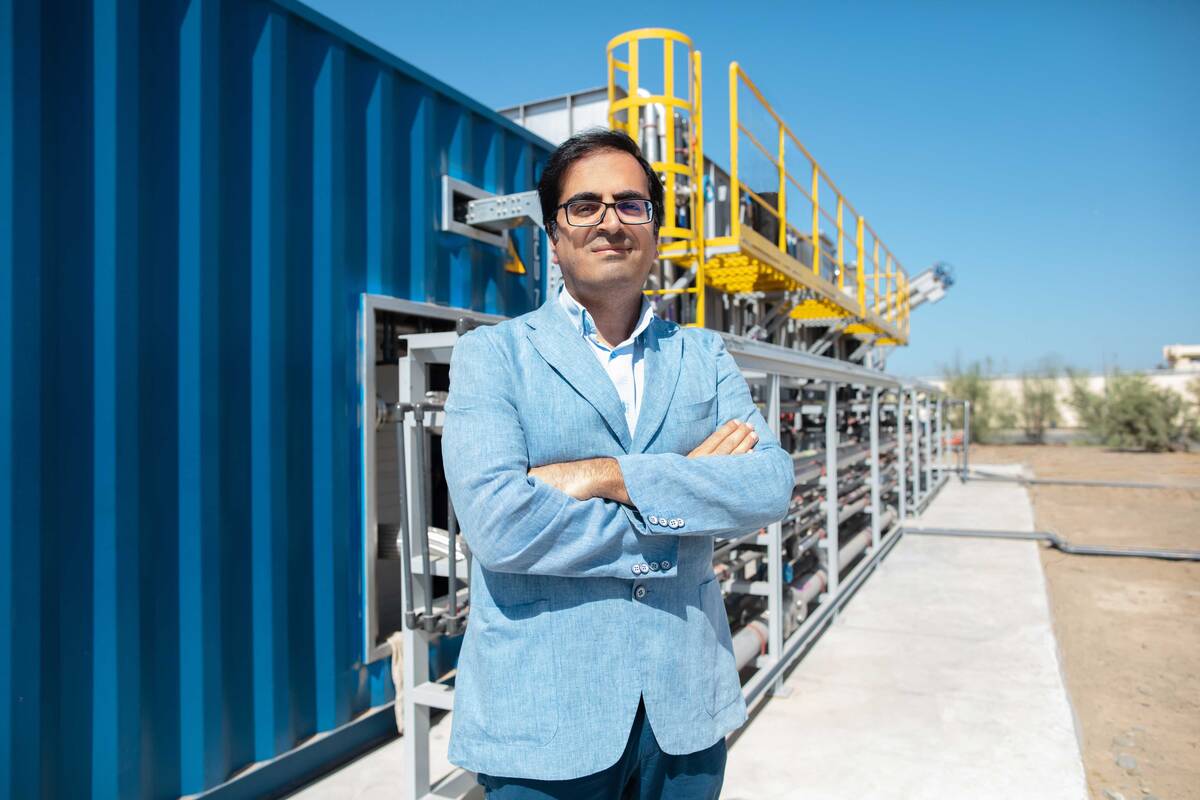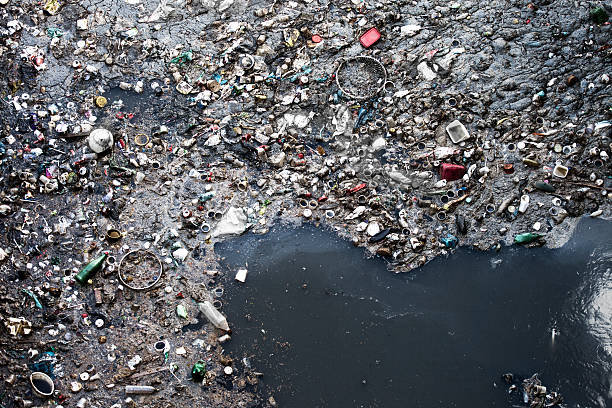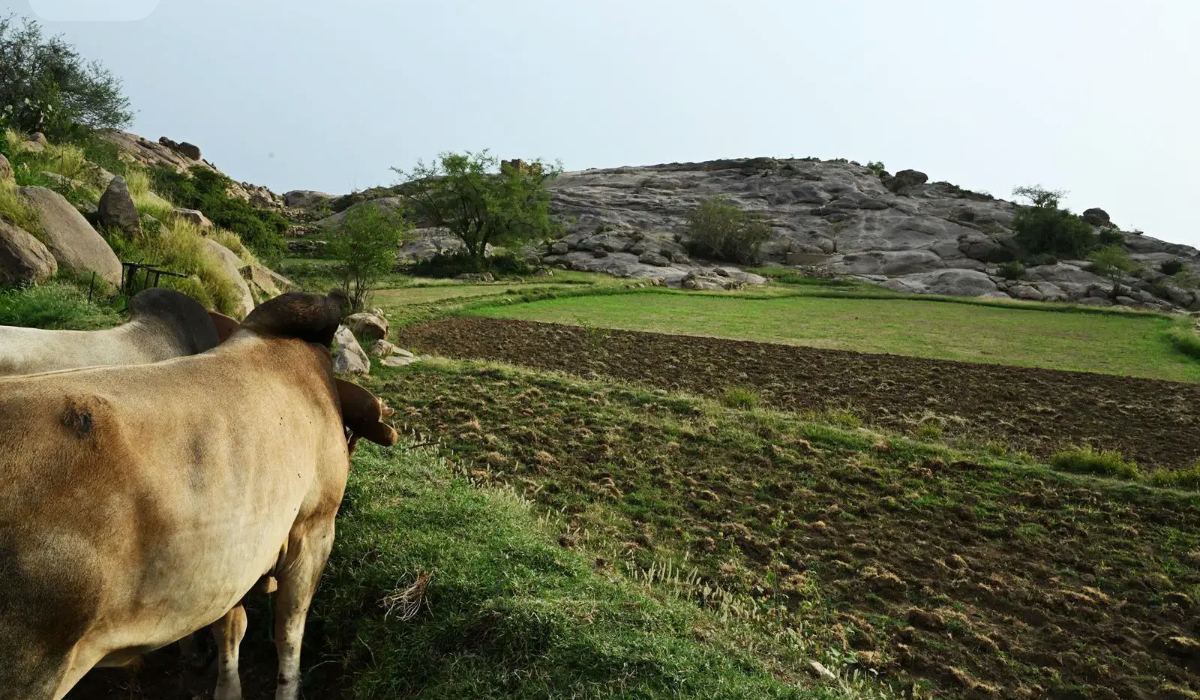BUENOS AIRES: The G20 divides opinion, that is for sure. Not only among those attending the gathering — US President Donald Trump versus Chinese leader Xi Jinping is an obvious example — or in the protests against the summit that will take place in Buenos Aires, but also among the economists and thought leaders who analyze these things.
Some, such as the London-based consulting group Capital Economics (CapEcon), seem to believe the G20 is a waste of time. “The wider agenda for the summit, and the G20 itself, now looks irrelevant to global economic prospects,” the think tank said.
No less a body than the International Monetary Fund seems to agree. In its “surveillance note” on the G20, the admonishing tones of Christine Lagarde, IMF managing director, rang through: “Success here depends on us acting swiftly — and acting together,” she wrote.
In the Argentine capital, that was seen as a veiled attack on the G20 and its confrontational mix of politics, economics, finance and personality.
Lagarde and CapEcon are singing from the same book. Their theme is that the G20 is a distraction from the real business of getting on with managing the global economy.
The IMF leader forecast a confluence of difficult economic conditions in the global economy. “Significant risks are materializing and darker clouds are looming,” she said, with the implicit criticism that showboat gatherings such as the G20 are not the best way to address these vital issues.
All big global meetings are vulnerable to the same criticism, to a greater or lesser degree. Davos, the regular gathering of the “masters of the universe” in the rarefied atmosphere of the Swiss Alps, has often been dismissed as “hot air in a cold climate.”
But as the elder statesman of the global scene, Henry Kissinger, former US secretary of state, recently told another global gathering of thought leaders in the more tropical atmosphere of Singapore: “It is good to talk. If they are talking, they are not fighting.”
Most of the attendees at the G20 in Buenos Aires agree that exchanging views is better than exchanging tariffs, or missiles, even if they disagree over subtleties of talking style.
And they can point to a credible track record of the G20 in its 10 years of existence — probably the most tumultuous 10 years in the geo-financial scene since the fall of the Soviet Union in 1990 — as proof of the benign effects of talk and evidence that the gathering is far from irrelevant.
In 2008, when the first G20 gathering took place in Washington, the world was on the brink of financial collapse as the global crisis threatened to overwhelm even the biggest national economies.
Although the crisis had its origins in the US property market and the esoteric financial instruments bankers had devised to finance it, the “toxic assets” had infected the banking system from Baltimore to Beijing. What was required was urgent and coordinated action to head off the contagion.
The three biggest economies in the world, the US, China and the EU, put in place the first measures to buy the world some time. What became known as “quantitative easing” or QE — the issuing of sovereign debt by central bankers to inject much-needed liquidity into the global banking system — was born.
The G20 reassembled in London the following spring, and in Pittsburgh later in 2009, to hammer out the details of the QE program, and set in place the global economic stimulus program that prevented a short-lived recession deteriorating into a full-blown, 1930s-style depression.
President Barack Obama, Hu Jintao of China, and Gordon Brown, the UK prime minister, developed a relationship at both meetings, which were regarded as successes.
The G20, as an annual fixture on the geopolitical stage, was born. To mark its significance, it was proposed the forum become an annual event, rather than haphazard twice-yearly meetings, and after 2010 the current yearly format was adopted. Countries competed to stage the summit, as a mark of prestige in the world pecking order.
The next two G20s struggled with the crisis in the euro zone financial system, which had grown out of the global financial crisis but for a while threatened the whole continent. In 2010 in Toronto, and the next year in Cannes, leaders tried to deal with a problem that in some ways was more intractable than the global crisis.
These meetings threw up some of the challenges of dealing with global issues in a large multinational forum, with different national agendas in competition with each other. The US wanted Europe to adopt the fiscal stimulus techniques it had learned during the financial crisis; most of the big European powers favored austerity measures that, some believed, exacerbated the problems in Greece, Italy and Spain.
By 2014 the global economy had mostly recovered from the ravages of the 2009 crisis, and the G20 in Brisbane, Australia, put the world back on a growth path with the pledge to lift the gross domestic product of the G20 members by 2 percent above forecast levels. Individual governments published lists of economic targets and measures to meet them, just as the global economy went back into growth mode.
The following year, in Antalya, Turkey, the G20 was overshadowed by terrorist attacks in Paris and Turkey a short time ahead of the gathering. But it focused the minds of the international community, which agreed to a joint communique opposing terrorism. Some analysts believe this was when the US and its allies began to take seriously the threat from Daesh in the Middle East, and implemented measures to tackle the terrorist organization in Iraq and Syria.
But not every G20 can be labelled a 100 percent success. In Los Cabos, Mexico, in 2012, the final communique was criticized as being too vague, with general commitments to “structural reform.”
In St. Petersburg the following year, the emphasis was on infrastructure investment, and tackling corruption and tax evasion, problems that have plagued the global financial system ever since.
The Hangzhou summit in China in 2016 took place after Britain had voted to leave the EU, and in the course of what would become Trump’s successful presidential campaign. The final communique pledged its support for open markets and globalization just as both concepts were to come under attack from the new US leader, who used the next G20, in Hamburg, to launch his campaign against the established order in trade and international relations.
The success or otherwise of a G20 summit is usually measured by the tone and content of the final communique, issued on the second and final day of the gathering, and intended to show the unity of the group around concrete action.
Getting the right wording for the document, which will have to appeal to often sharply opposing interests and personalities, is the main job of the “sherpas,” the government officials whose job it is to lead the leaders through these potential minefields toward a consensus.
That task is never easy, but in Buenos Aires this year, the tensions and conflicts are perhaps greater than ever. The behind-the-scenes bargaining process on the communique is said to be “very, very difficult.”





































